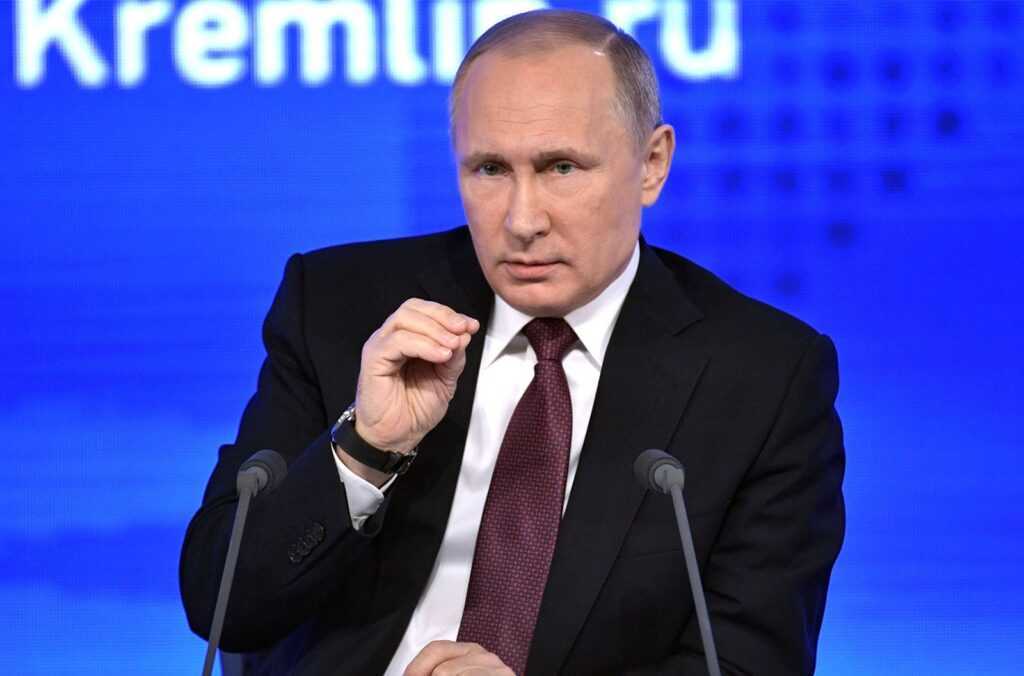
Introduction:
Russian President Vladimir Putin, a dominant figure in world politics for over two decades, has recently announced his intention to run for president once again in the upcoming 2024 election. This move, coupled with constitutional amendments in 2020, has the potential to extend Putin’s tenure until 2030. In this article, we explore the implications of Putin’s decision and its significance in the context of Russian politics.
Putin approved changes to Russian election law: allows voting in martial law regions after consulting authorities, and only officially employed journalists can attend commission meetings.
A Prolonged Political Legacy
Vladimir Putin’s decision to run for president in 2024 is not just another chapter in his political career; it’s a potentially game-changing move. Having held power in various capacities since 1999, Putin has left an indelible mark on Russia’s political landscape. His enduring influence has been marked by both domestic and international policies.
Constitutional Amendments: Extending the Presidency
In 2020, Russia underwent a significant constitutional overhaul. These amendments, among other changes, effectively reset Putin’s term limits, allowing him to potentially serve as president until 2030. This alteration has sparked widespread discussions about the consolidation of power and the role of Russia’s presidency.
The 2024 Election: A Pivotal Moment
The upcoming 2024 presidential election will be a pivotal moment in Russian politics. Putin’s decision to run reopens questions about the nature of democracy and political pluralism in Russia, as he faces potential contenders in an electoral landscape that has seen increasing restrictions on opposition voices.
Implications for Russia and the World
Putin’s continued leadership will have significant consequences, both domestically and internationally. It is expected to maintain continuity in Russia’s foreign policy, which has been marked by assertiveness on the global stage. Furthermore, the state of Russia’s economy and its relations with Western nations will continue to be influenced by Putin’s leadership.
Challenges and Concerns
As Putin seeks to extend his presidency, there are concerns about the state of Russia’s political institutions and the level of democratic representation in the country. Critics argue that political opposition has been increasingly marginalized, and civil liberties have been curtailed during Putin’s tenure.
Conclusion
Vladimir Putin’s decision to run for president in 2024 marks a critical juncture in Russian politics. It raises questions about the evolution of the country’s political system, its democratic institutions, and the implications of continued leadership under one of the world’s most influential figures. As Russia prepares for the 2024 election, the world watches closely, aware of the potential impact of this decision on both the nation and the broader international landscape.
Update
Bringing you the latest updates on finance, economies, stocks, bonds, and more. Stay informed with timely insights.
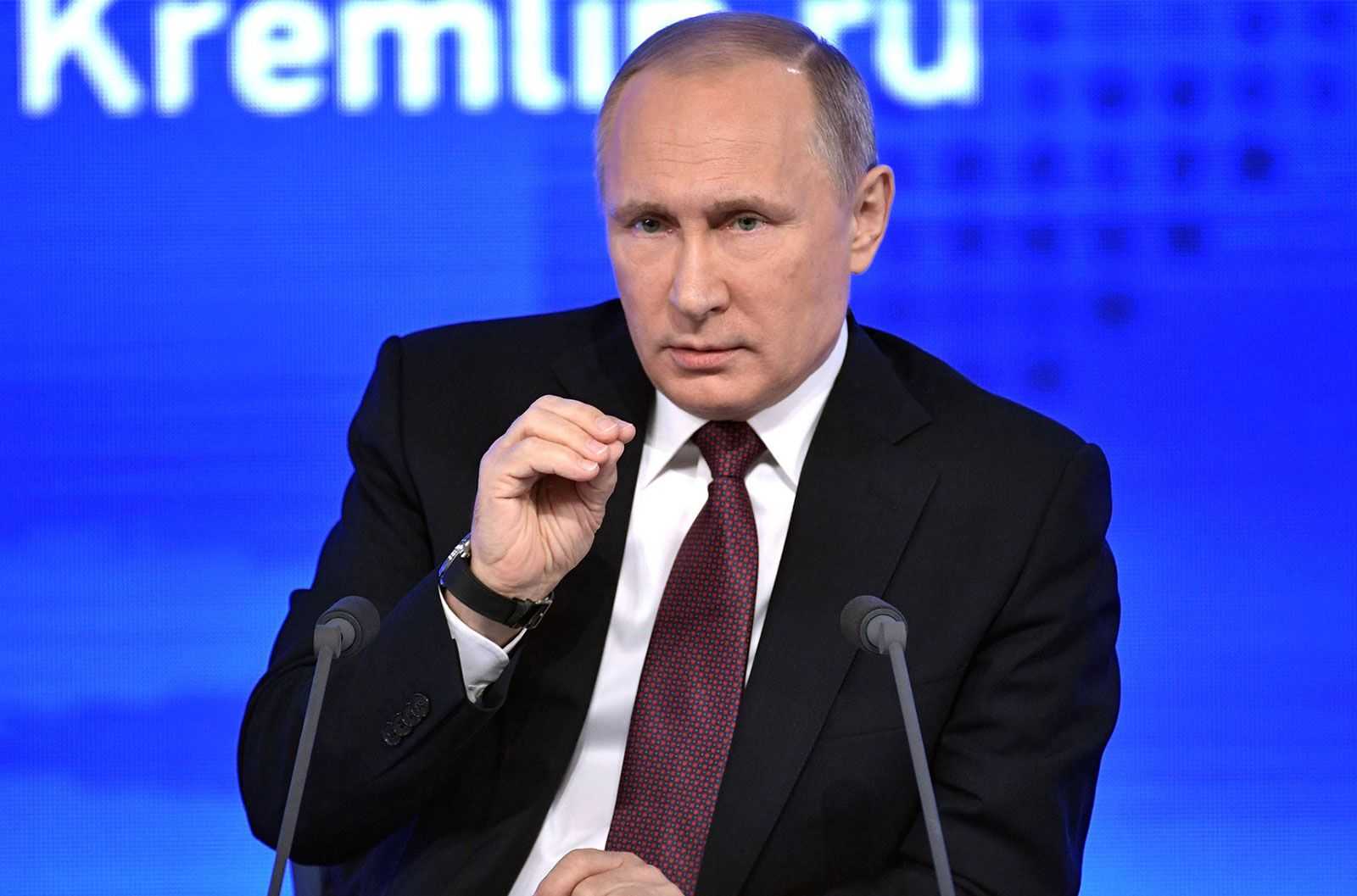

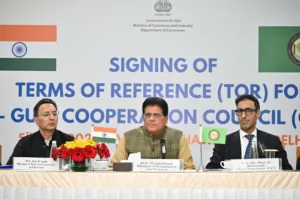
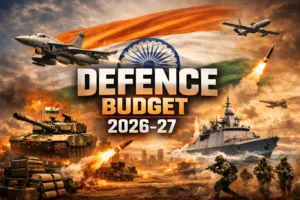
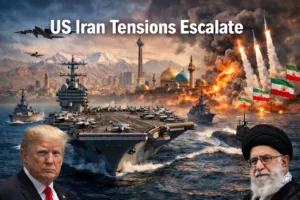
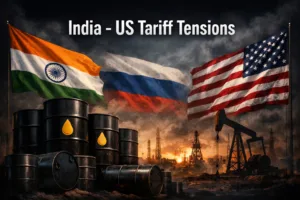
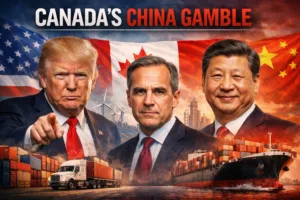
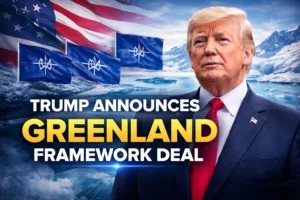





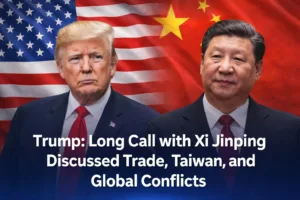



Be First to Comment